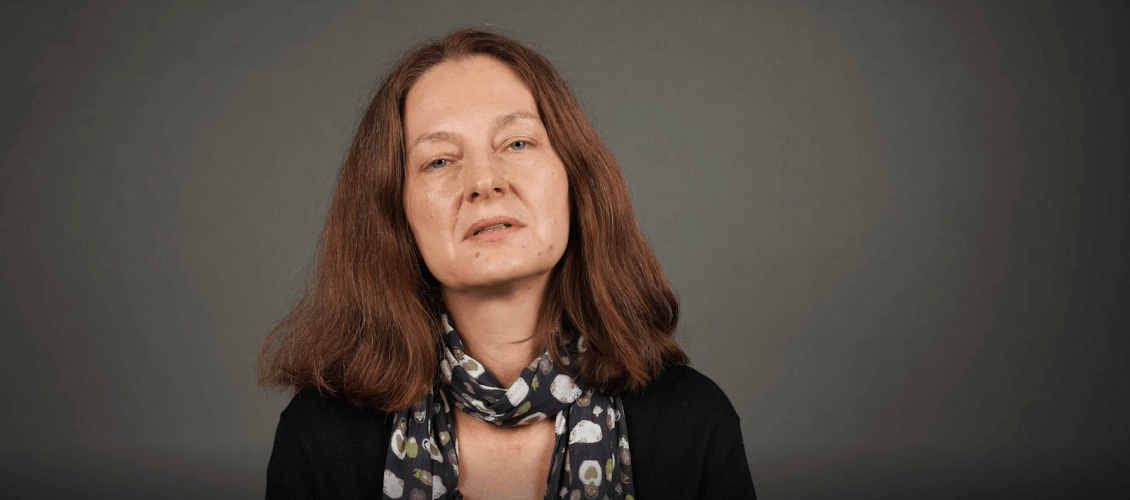Dear colleagues, my appeal is addressed to the international academic community.
Today, the entire civilized world has become “the global East” as it sees the defense of Ukraine’s independence as its main priority. The military escalation undertaken by the Russian authorities has radically changed our political imaginary. This war makes us to finally write off the former concept of “the post-Soviet states” to the archive. Moreover, it has transformed our understanding of the limits of the world’s ability to change. The reaction caused by this war in the international community strengthened our faith in the unifying power of humanistic and moral values, in the possibility of cross-national solidarity.
The Belarusian society is against the war. This is evidenced not only by the results of independent sociological surveys, but also by the evolving anti-war movement which is expressed in various forms: from pickets and subversion actions to impede Russian troops operations in Belarus itself to large-scale volunteer assistance to Ukrainians by Belarusians. Three days into the war, a courageous attempt by tens of thousands of Belarusians to take part in mass protest led to the arrest of about 1 thousand people. Despite this, protest actions continue. Arrests continue as well. I urge you not to forget that since the end of 2020, Lukashenka has been maintaining control over the country through relentless severe repressions. A typical cruel and absurd form of repressions happened just this week, when the security forces arrested several mothers of Belarusian soldiers who had gathered to pray for peace in a Minsk church. The terror of the Lukashenka regime against the Belarusians has become a terrible decoration For the “undeclared” occupation of the Belarusian territory by Russian troops.
If Ukraine is a direct victim of Russian aggression, then Belarus is held hostage by the aggressor who unleashed the war.
The catastrophic upheavals that are taking place in our region require reflection and impose a very particular responsibility on scholars. We must strive to avoid simplifications that distort reality. It is necessary to raise questions that will guide politicians, and not follow speculative conjuncture of the Realpolitik. We need to be attentive and reflective in order to help people gain a meaningful orientation and to help strengthen solidarity among all who want to stop the war.
In this regard, the new tendency to exclude Belarusian scholars from the international scientific community is an alarming sign of ignoring the entire complexity of the situation. In Belarus, more than 1,500 students and academics have become victims of repression and persecution. Today there are dozens of students and researchers in prisons and prison camps. Many researchers and lecturers were forced to flee the country. Some of them, together with the Ukrainians, are looking for rescue from Russian bombing.
Prohibiting cooperation with Belarusian scholars means undermining the potential of regional and international solidarity and indirectly contributes to the cultivation of mutual enmity between Ukrainians and Belarusians. Restrictions and prohibitions should apply to state institutions and accomplices of the regime. In order to effectively resist militaristic propaganda and new totalitarianism in Europe, joint efforts and cooperation of scholars and intellectuals from different countries, including Belarus, are needed.
It would not be an exaggeration to say that the fate of Europe, including the fate of Belarus, is being decided today in Ukraine. Scholars, first of all, those in fields of social sciences and humanities, can make a valuable contribution to confronting aggression if the catastrophe that has occurred becomes the subject of our common reflections.
Glory to Ukraine!
Long live Belarus!
